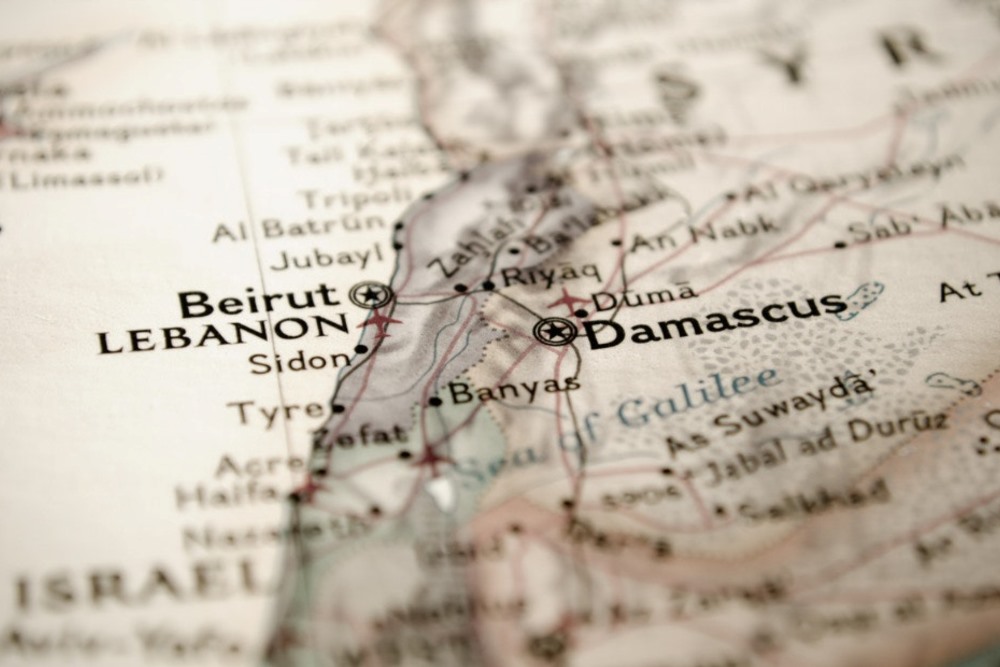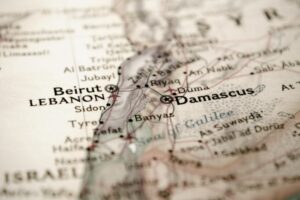
As the Israel-Hezbollah conflict intensifies, all eyes are on Beirut. Lebanon’s capital is currently at the core of Hezbollah’s strategy, with Secretary-General Nasrallah likely working to avoid – or at least delay – an Israeli assault on the city.
Beirut’s Dahiya district, Hezbollah’s nerve center, remained largely untouched in the first phase of Israel’s heavy bombardment. Protecting this central hub is a critical priority for the organization.
Notably, Beirut holds immense significance for Hezbollah and is home to key military, logistical, and intelligence assets. The city’s densely populated southern suburbs house Hezbollah’s leadership and serve as a base for its command and control centers.
Weapons depots, communication hubs, and strategic facilities that enable the group’s operations are deeply embedded in the urban fabric. This makes a potential Israeli assault a high-stakes scenario that could quickly trigger a full-scale conflict.
Nasrallah’s measured response so far suggests a strategic attempt to shield Beirut from direct confrontation. By limiting rocket fire to northern Israel, Hezbollah appears to be buying time for difficult choices, while possibly relocating some key assets to safer locations before Israel strikes.
As Nasrallah considers retaliation options to Israel’s wide-scale assault, he faces a difficult balancing act: Any escalation that targets the Tel Aviv area would almost certainly provoke an immediate and devastating Israeli attack on Beirut.
Nasrallah’s crucial dilemma
Behind the scenes, intensive contacts and coordination between Hezbollah and Iran are underway, i24News reported. At this junction, Tehran and Nasrallah face an array of tough decisions, each fraught with significant risks.
For now, the Iran axis response on all fronts has been limited, as both sides assess the situation and weigh their next moves.
The crucial question for Nasrallah remains: Dramatically escalate Hezbollah’s response and risk bringing Beirut into the heart of the conflict, or step back from the brink?
Meanwhile, Israel faces a similar dilemma: Should it strike in Beirut in full force, or leverage the threat to push for a deal that keeps Hezbollah away from the northern border?
While both sides consider their options, Israel remains on elevated alert for massive missile and rocket strikes from Lebanon. Ex-IDF Intel Chief Tamir Hayman warned that although Hezbollah was hit hard, it retains the ability to cause heavy damage to Israel’s home front.
Soon, both Nasrallah and PM Netanyahu will decide the next steps, steering the conflict into a new phase.


